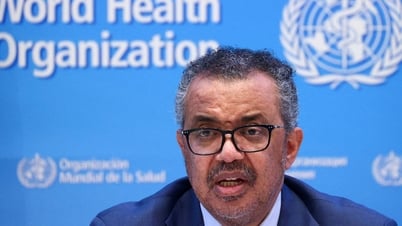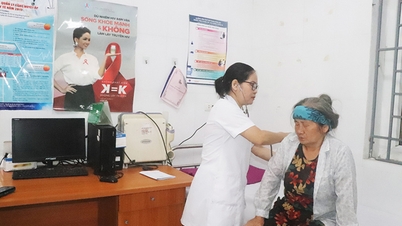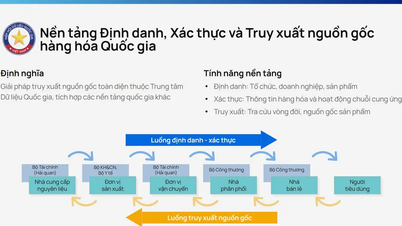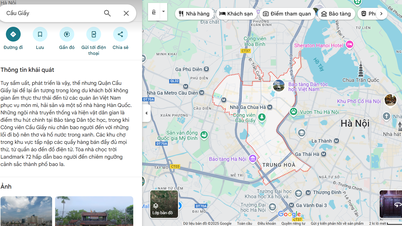SGGP
A newly published survey by the World Health Organization (WHO) shows that countries in the European Union (EU) are stepping up the deployment of online medical services and medical examinations and treatments and helping patients learn more about accessing and understanding medical information digitally.
 |
| A doctor examines and treats patients online |
In Leeds, England, public libraries provide free digital access and help individuals learn how to use the National Health Service (NHS) app to improve health information literacy, according to the survey report.
With the current boom in online healthcare, nearly 90% of countries have electronic health records. More than two-thirds of countries in the region, including several Central Asian countries, have national digital patient portals. For example, patients and family doctors in Denmark can access the national health portal in public hospitals.
More than 80% of countries in the region also provide online prescriptions to effective. Poland, for example, launched an e-prescription platform in early 2020 and has since issued more than 1 billion online prescriptions to patients.
The Covid-19 pandemic has accelerated the move to create mobile health apps, with more than 90% of countries in the region deploying one. Most of these apps are for patients to access health data or to organize appointments. More than two-thirds of EU countries use telehealth or remote patient monitoring, and more than half have introduced new laws or policies to support telehealth during the pandemic.
It is one of the effective solutions to address the shortage of doctors in Europe by opening up the possibility of seeking medical advice remotely. Digital vaccination apps and contact tracing apps have also become widely popular during the pandemic, but many countries still lack entities responsible for overseeing these mobile apps.
According to a WHO survey, more than 80% of EU countries are using special funding allocated during the Covid-19 pandemic to share health and telehealth data. However, the reality is that less than half of EU countries have digitaleducation and inclusion plans to help people understand complex health information online. WHO is calling on European countries to help older and vulnerable people access health information so they are not left behind as health information increasingly moves online.
“It is ironic that people with limited digital skills are often the ones who benefit most from digital health tools and interventions – such as the elderly or rural,” said Dr Hans Kluge, WHO Regional Director for Europe. Access to digital health tools is only as good as knowing how to use them, Kluge said. WHO also recommends a number of measures to improve digital inclusion, including training, broadband access and helping older people.
Source











































































































Comment (0)